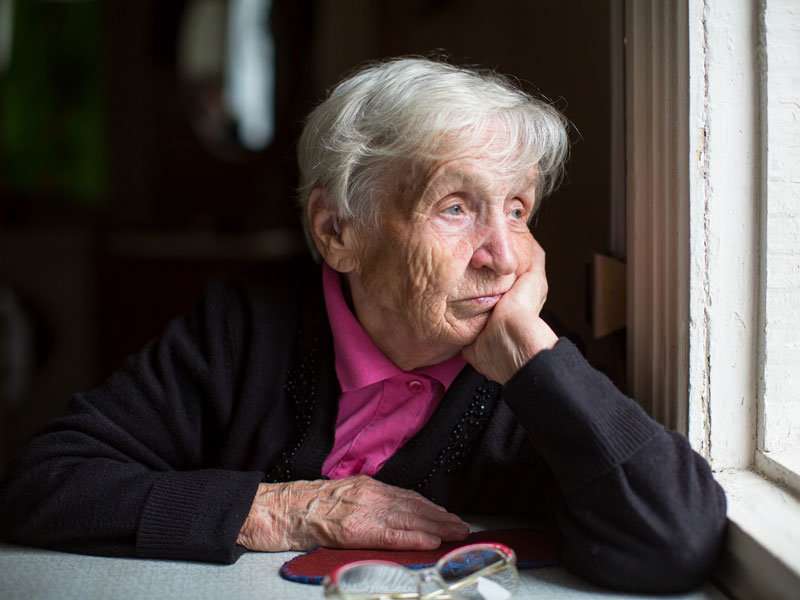Volunteering two hours per week reduces loneliness in widowed older adults, study finds

Widowed older adults can reduce the loneliness that results from the death of a spouse by volunteering 100 hours per year, which is about two hours per week, according to a recent study.
The study examined whether becoming a volunteer at the time of widowhood is associated with reducing the risks of loneliness, which is a significant public health concern, particularly for those who have lost a spouse, linked to poorer physical health, depression and even earlier mortality. The findings are published in The Journals of Gerontology, Series B: Psychological Sciences and Social Sciences.
"Becoming a widow is one of the most difficult transitions that people face later in life," said Dr. Ben Lennox Kail, co-author of the study and assistant professor of sociology at Georgia State University. "We found that for people in general, widowhood was associated with increased loneliness over time. Among people who became widowed, if they started volunteering 100 hours per year, which is about two hours per week, this reduced loneliness to an extent that they almost look exactly like those people who never became widowed at all."
The researchers analyzed data from 5,882 married adults, ages 51 and older, who completed the Health and Retirement Study, which was given every two years and collected information on family, health and volunteer engagement. Using data from 2006 to 2014 for individuals who were married and either remained continuously married or became widowed, the researchers determined the relationship between loneliness and becoming widowed and whether the loneliness from losing a spouse was reduced by volunteering.
The survey asked questions about volunteer status and how much time was spent volunteering for an organization during the previous year. Participants could choose from three categories: one to 99 hours per year, 100 to 199 hours per year and 200 or more hours per year.
The study found loneliness was significantly higher in those who become widowed compared to those who stay continuously married. However, starting to volunteer two or more hours per week resulted in decreased loneliness, with levels of loneliness similar to those of continuously married individuals volunteering at the same intensity. The findings suggest higher intensity volunteering (about two hours per week) as a potential intervention for alleviating loneliness in older adults who have recently become widowed.
"Volunteering only matters for people's loneliness when they've experienced the loss of social integration that results from widowhood," Kail said. "It also suggests something that I think is particularly interesting. When you experience loneliness that is because of some kind of loss, even if you're robustly integrated, that loss is meaningful to you. So if you have this robust social network, and you then experience some loss, what you need to do is begin something new. It's the new social integration that can make up for loss."
More information: Dawn C Carr et al. Does Becoming A Volunteer Attenuate Loneliness Among Recently Widowed Older Adults?, The Journals of Gerontology: Series B (2017). DOI: 10.1093/geronb/gbx092


















